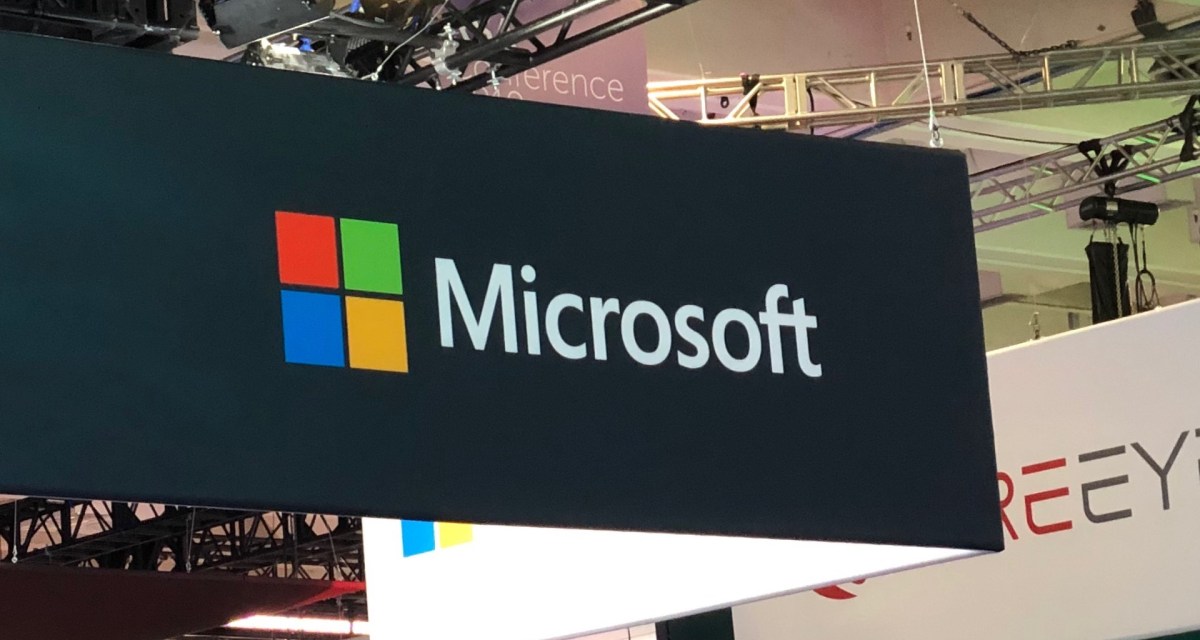Microsoft wins $10B JEDI contract

It has finally happened. The Department of Defense awarded its $10 billion Joint Enterprise Defense Infrastructure (JEDI) cloud computing contract Friday to Microsoft.
More than two years after the Pentagon started putting together the enterprise commercial cloud program that would become JEDI, and after several delays for departmental reviews and bid protests, Microsoft has edged out Amazon Web Services for the landmark 10-year cloud contract.
“We brought our best efforts to the rigorous JEDI evaluation process and appreciate that DOD has chosen Microsoft,” Toni Townes-Whitley, president of U.S. regulated industries for Microsoft, said in a statement. “We are proud that we are an integral partner in DOD’s overall mission cloud strategy.”
Despite the $10 billion ceiling on the contract, the minimum guaranteed under it is just $1 million with a base order period of two years. “The department projects that user adoption will drive an estimated $210 million of spending during the two year base period. The DOD will rigorously review contract performance prior to the exercise of any options,” the department said in a release.
“The National Defense Strategy dictates that we must improve the speed and effectiveness with which we develop and deploy modernized technical capabilities to our women and men in uniform,” DOD CIO Dana Deasy said in a statement announcing the award. “The DOD Digital Modernization Strategy was created to support this imperative. This award is an important step in execution of the Digital Modernization Strategy.”
The news comes just days after Defense Secretary Mark Esper recused himself from making any decisions around the JEDI acquisition. He had initiated a review of the contract upon taking leadership of the Pentagon in July.
The department’s inspector general also reviewed the acquisitions strategy and investigated potential conflicts of interest. According to the DOD, “Prior to the award, the department conferred with the DOD Inspector General, which informed the decision to proceed,” it said in a release.
Though Microsoft is victorious today, given the contentious nature of this single-award contract, this saga is not over — more protests are likely to come. A source close to AWS said the company is considering its options regarding a protest. Federal law requires a protest to be filed within 10 calendar days.
And maybe there will be other opportunities for vendors to win DOD’s business. “The Department continues to assess and pursue various cloud contracting opportunities to diversify the capabilities of the DoD Enterprise Cloud Environment,” says the release. “Additional contracting opportunities are anticipated.”
An AWS spokesperson said the company is “surprised” by the decision. “A detailed assessment purely on the comparative offerings clearly lead to a different conclusion,” they said.
Microsoft was also the big winner under the Pentagon’s Defense Enterprise Office Solutions (DEOS) contract awarded this summer. Though it didn’t win the contract itself — General Dynamic IT did — Microsoft’s Office 365 services are the main offering under the $8 billion back-office cloud collaboration program. Perspecta has since protested GDIT’s win, and the General Services Administration, who is leading the acquisition for the DOD, said it is taking corrective actions in light of the company’s complaints.
Rep. Jim Langevin, D-R.I., often vocal on the need for the capabilities JEDI is meant to provide, was quick to give his congratulations to the DOD. “Advanced general-purpose cloud is the industry norm, and it’s past time the Department of Defense had access to these capabilities,” Langevin said. “I congratulate DOD CIO Dana Deasy for seeing the JEDI award through. I look forward to continuing to use my position in Congress to increase access to next generation technologies that support our warfighters.”
Meanwhile, a previous pre-award lawsuit against JEDI in the federal appeals court filed by bidder Oracle continues on. Oracle was one of two other companies, with IBM, that bid on JEDI but failed to make it past early-stage gate criteria. A federal court previously denied the company’s lawsuit against the Department of Defense’s development and handling of JEDI, in which it also took aim at AWS claiming a conflict of interest between the company and DOD. It’s unclear if the award to Microsoft will at all impact Oracle’s protest.
This story is developing. FedScoop will update with new information as it becomes available.




